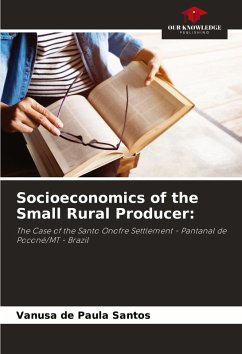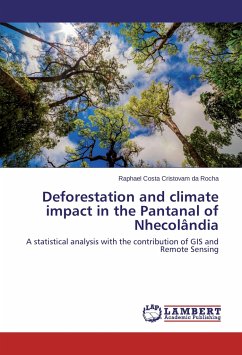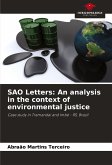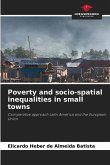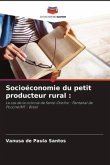Brazil's agrarian dynamics have been inherited from the colonisation process, and land exploitation has been based on the capitalist mode of production from the outset, directly influencing the growth of modernised production. However, there are those who still use the traditional system of work in the countryside, namely small rural producers. This study looks at the socio-economic aspects of the Santo Onofre Settlement, located in the municipality of Poconé, in the Pantanal region of Mato Grosso, as well as the main difficulties they experience, in addition to the reality of selling or abandoning plots of land. The research revealed the social links as well as the economic rhythm, with basically subsistence production, the commercialisation of pineapple is seen as the main source of income. The need for accessory labour to supplement the family income is a fact that is evident among the residents, synonymous with other establishments of small producers from the Brazilian Agrarian Reform in the state of Mato Grosso.
Bitte wählen Sie Ihr Anliegen aus.
Rechnungen
Retourenschein anfordern
Bestellstatus
Storno

